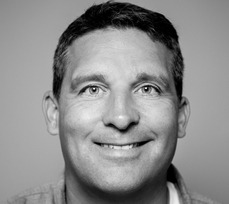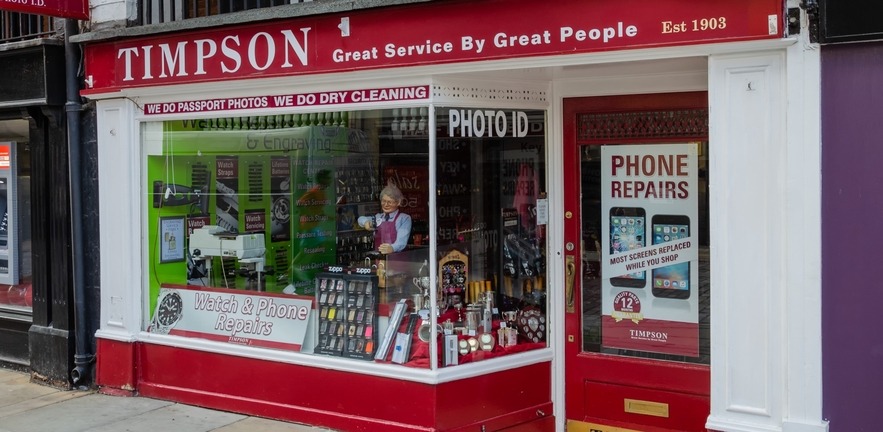James Timpson, CEO of key-cutting and shoe-repair business Timpson, tells the Social Ideas Podcast at Cambridge Judge Business School why the company hires ex-prisoners and terms its 4,500 employees ‘colleagues’ rather than ‘staff’.

James Timpson, CEO of the family-owned key-cutting and shoe-repair business Timpson, was the guest on the Social Ideas Podcast of the Cambridge Centre for Social Innovation at Cambridge Judge Business School. Besides those 2,000 shops in the UK and Ireland, the company also includes the Snappy Snaps photo chain and even three pubs.
James talked to podcast host Pamela Mungroo about the company’s culture, the effect of the coronavirus pandemic, and why the company hires people who have done time in prison. Here are some edited excerpts:
Q: What is the culture of Timpsons?
Essentially our business is about employing colleagues who have a great personality and we train them to have the skills that they need to serve our customers well. It’s a culture based on trust and kindness, and it’s not based on trying to make money, but I believe that if you do things well and have motivated, happy colleagues you end up making money at the end of the year.
Q: Why are your thousands of employees called “colleagues”?
The word ‘staff’ implies to us that someone is less import than someone else, but they’re not. We have what I call ‘upside-down management’ – which is that everybody in the business is empowered to do their job without asking anybody. Just follow our two golden rules: you put the money in the till and you look the part – which means you open up on time, make the shop look smart, and be kind to people.
Q: Why do you recruit ex-offenders who have served prison time?
The reason why we recruit people from prison is because I’ve learned that it’s a really good way of finding amazing people, but it started by chance: my mother was a foster carer for many years and I was brought up with foster children, and a lot came to us because their mums were in prison. We’ve now got to the stage where 10 per cent of my colleagues are people with prison experience. They are treated like everyone else: if they work really hard and do the right things they get promoted, and off we go.
Q: How do you measure success of the business?
I believe that the way we run the business is right when you have a long-term outlook, and the best way to bring value to a business in the long term is by having a really strong culture. We don’t do budgets, we don’t have profit targets, we make what we make. We try to buy things at the lowest prices possible and get the lowest rents – that’s being commercially successful. But the way I measure our success is by going around our shops, and what I’m looking for is how amazing are our colleagues, how amazing are the standards of our shops, and what’s the buzz like. I like meeting my colleagues and I like knowing they are really happy and they are fulfilled and they really like working for the business. That is my motivation.
Q: How has the pandemic impacted the business?
At the moment, during the pandemic our sales figures are terrible, and at any other time of our business life I’d be saying that I must be doing something seriously wrong. But the way I sort of get through the day is when I go around the shops and see colleagues running shops that are spotless and they’re doing a really good job and I know we’re doing the best that we can, and that’s all I can ask.


